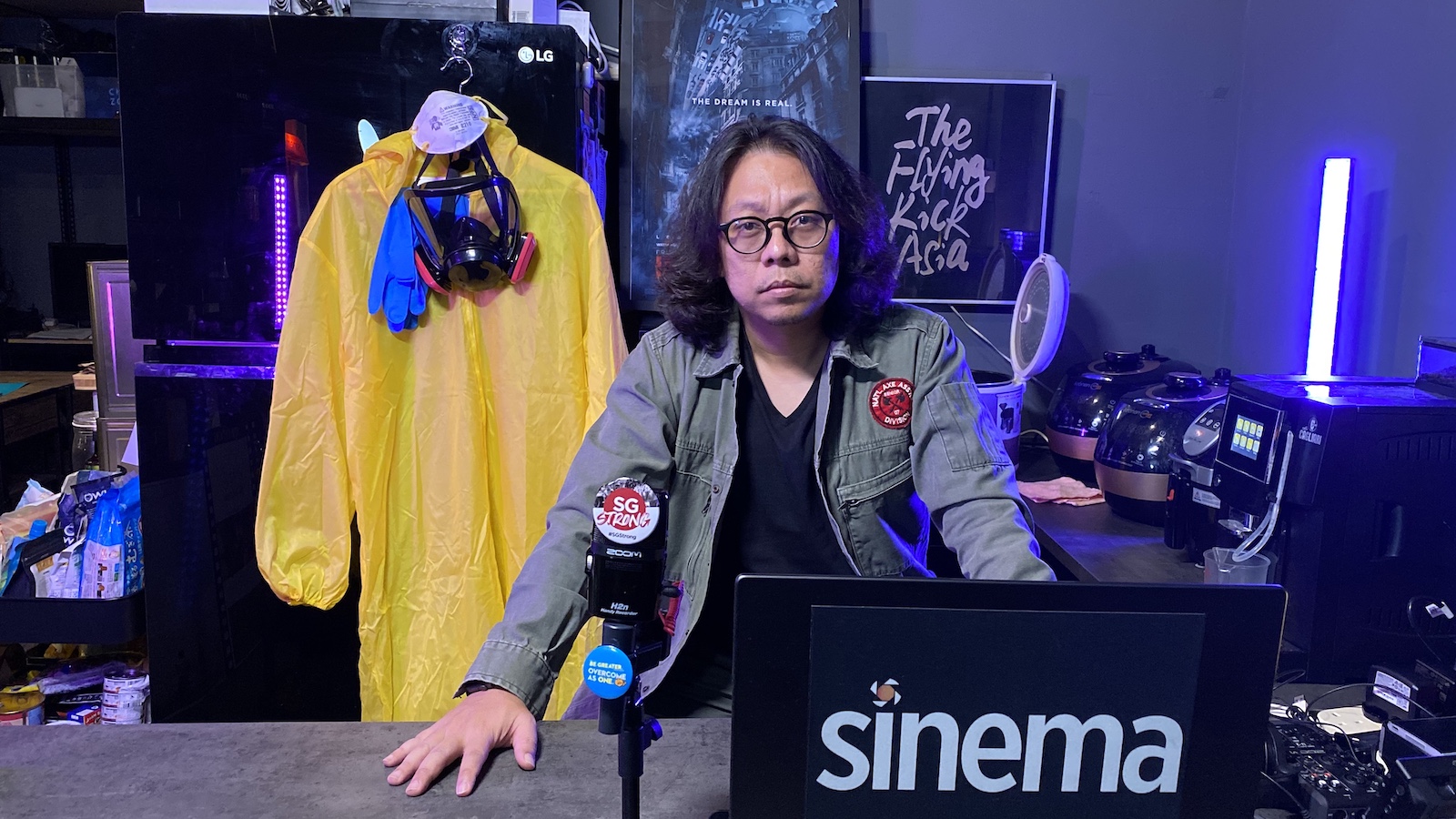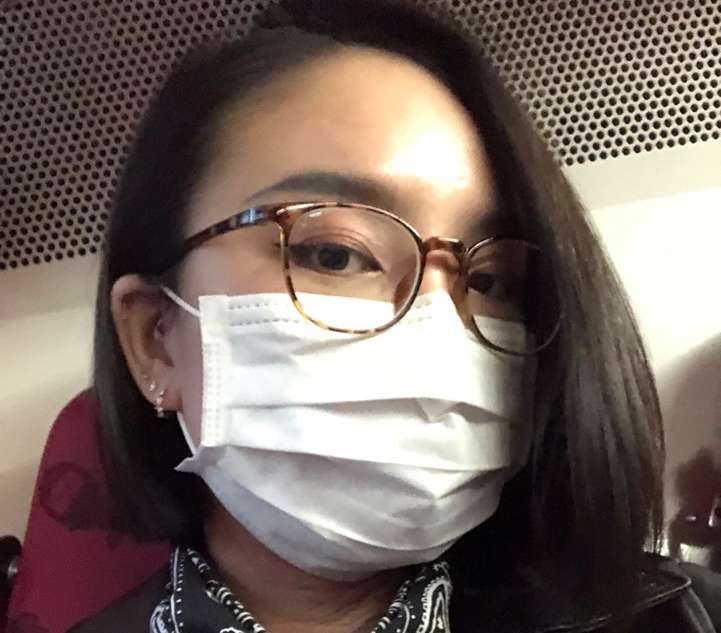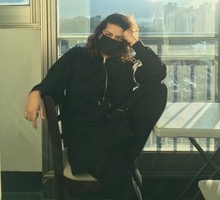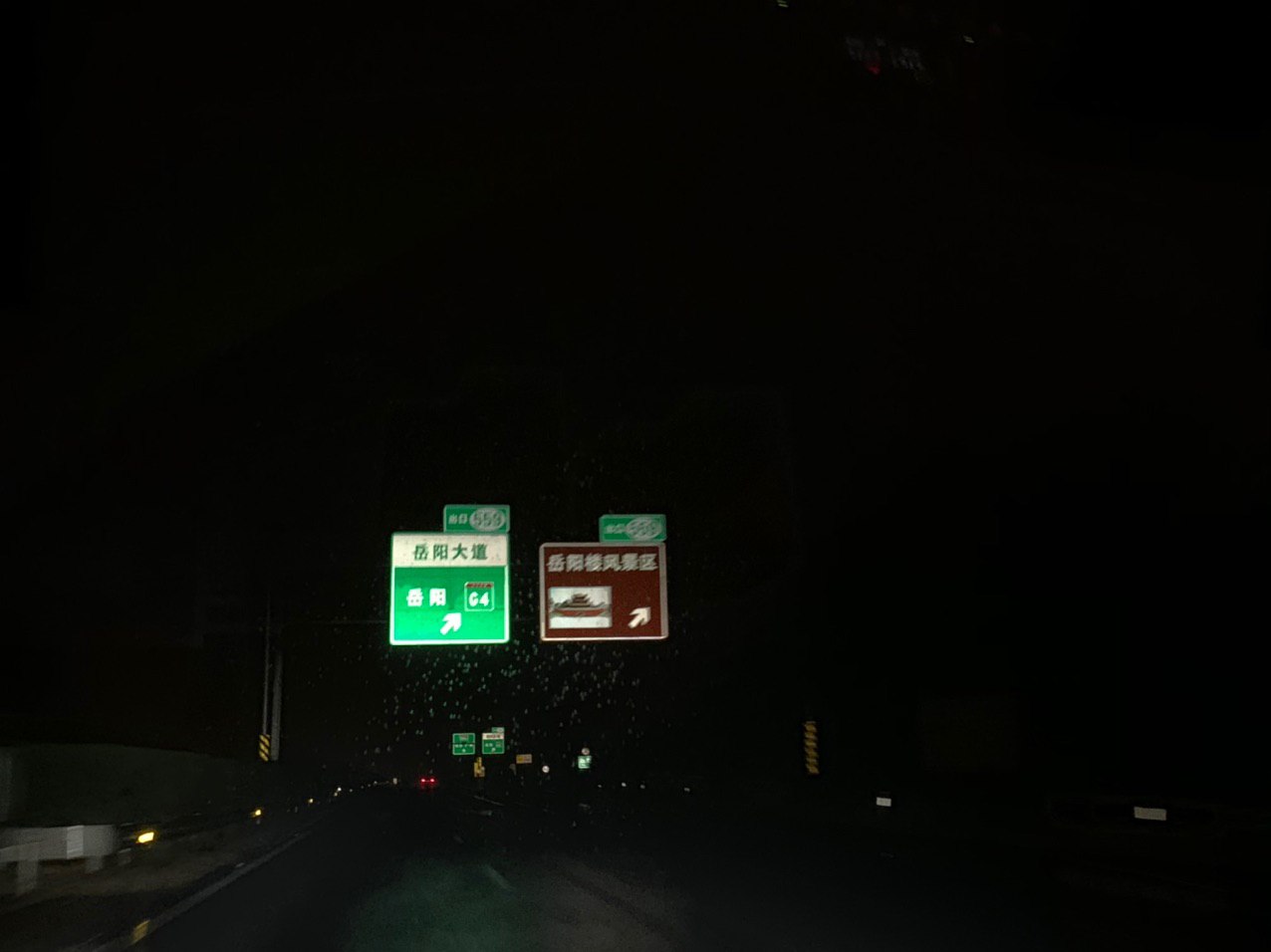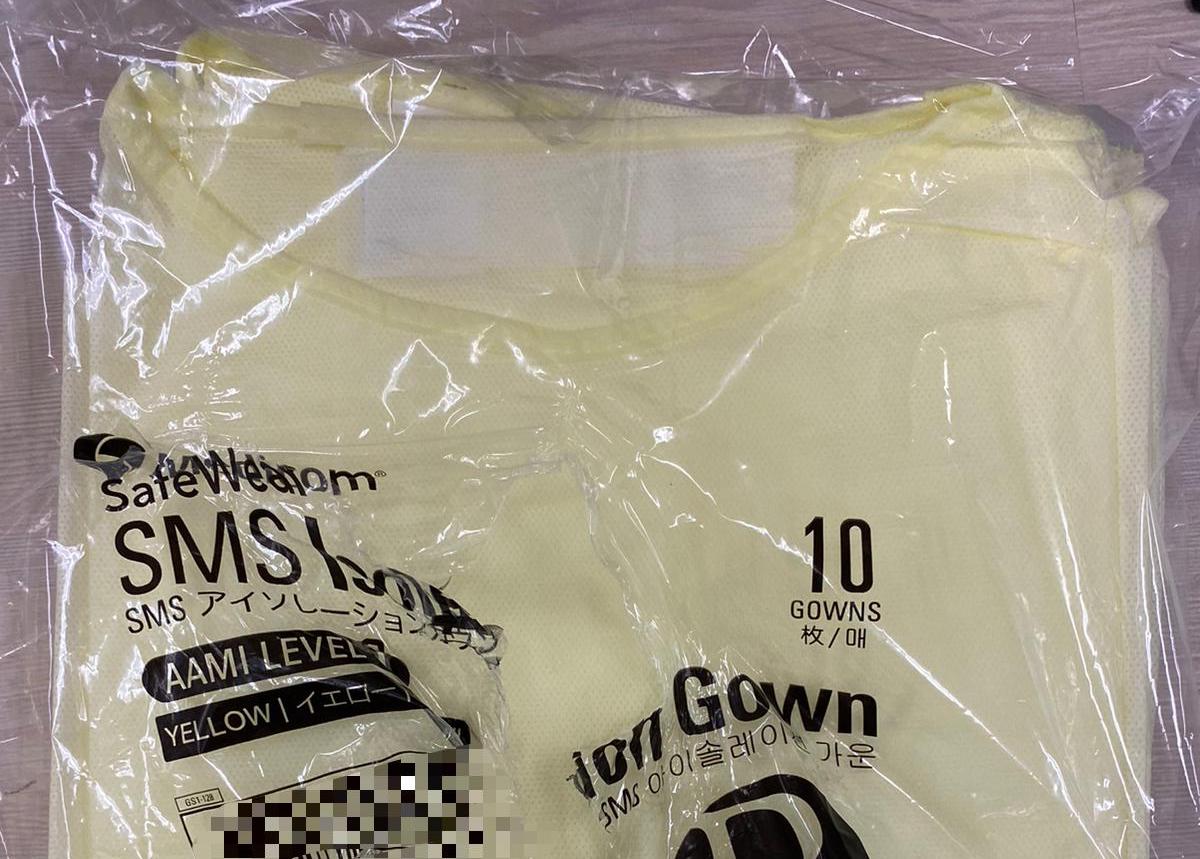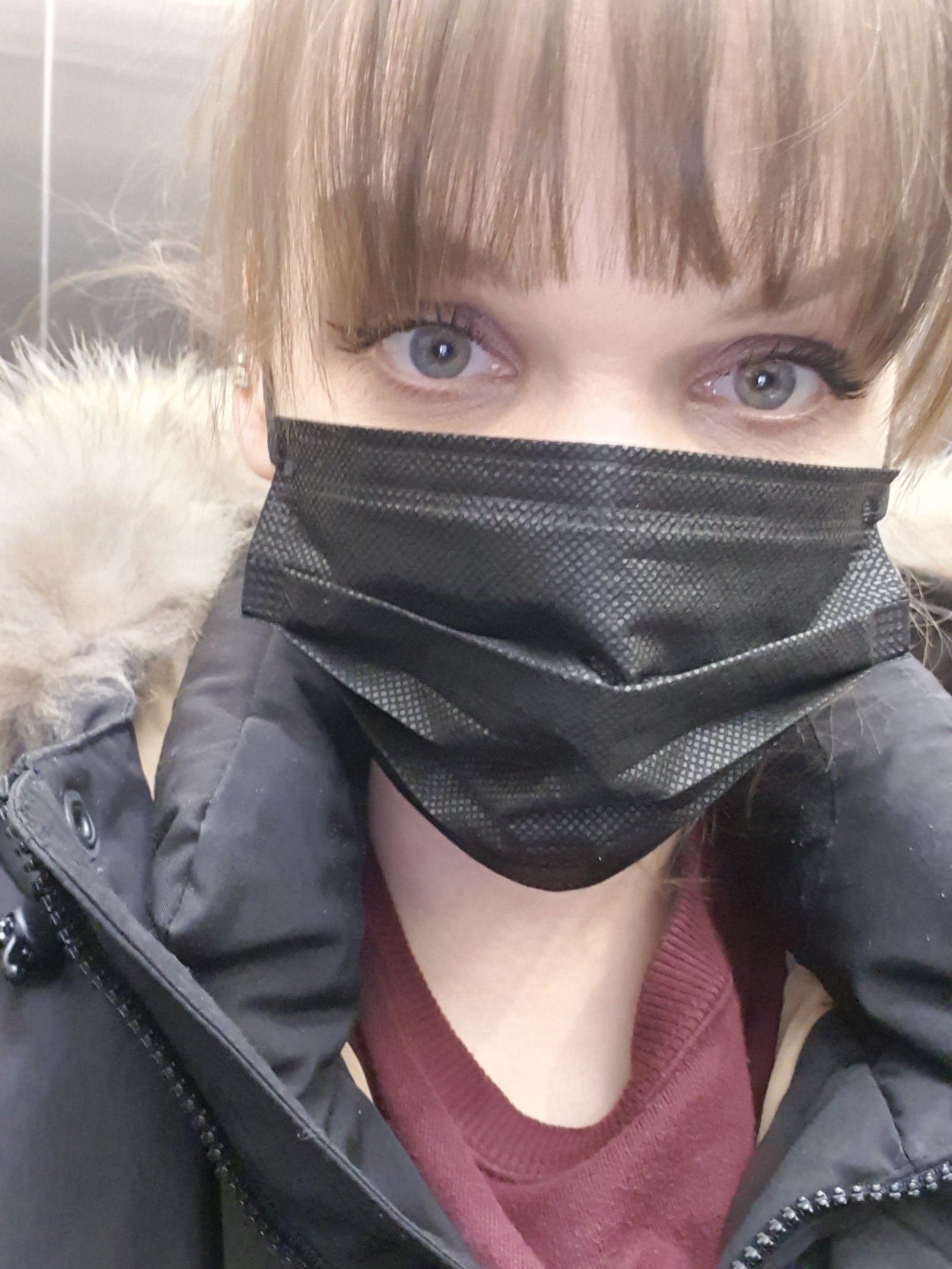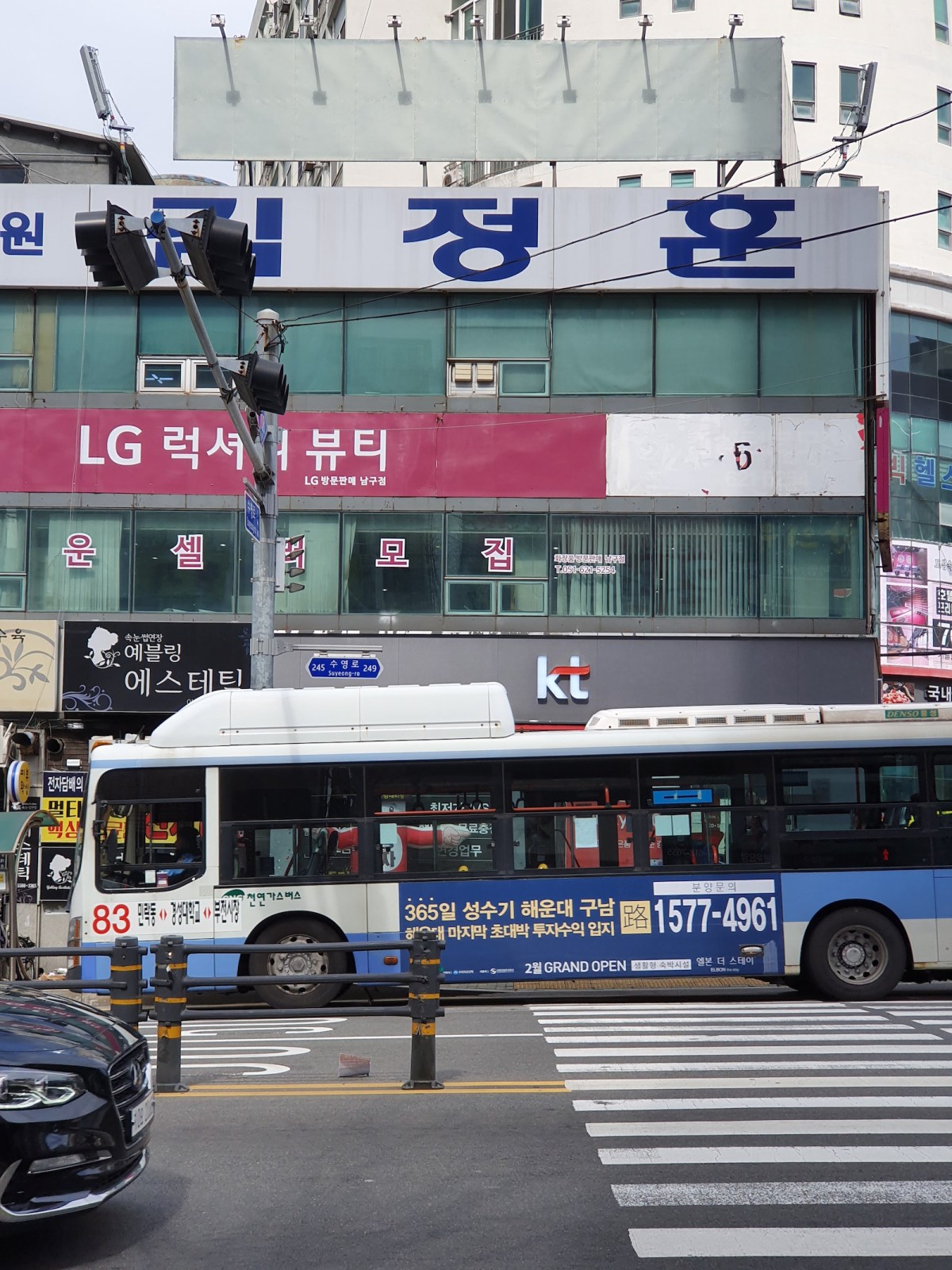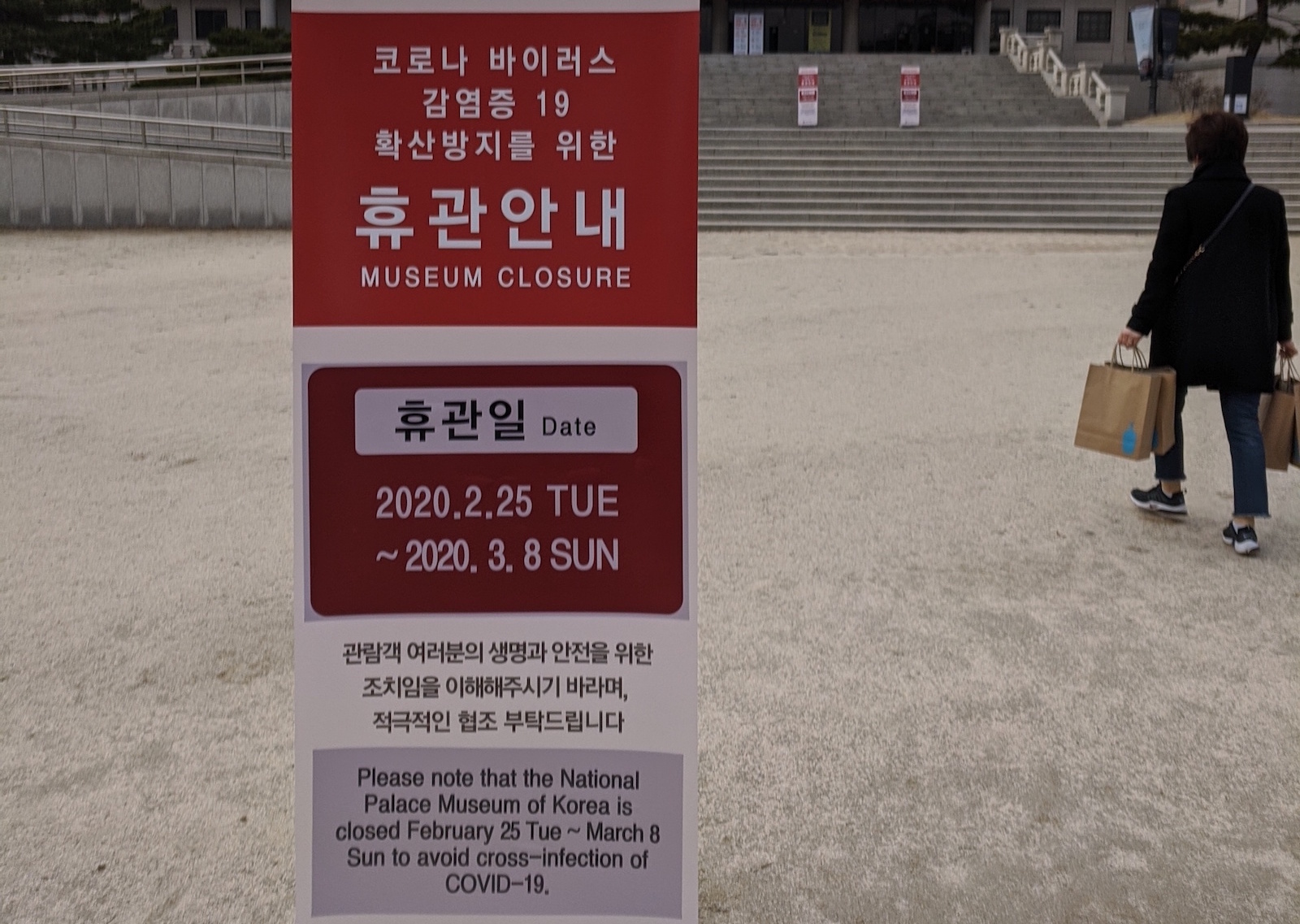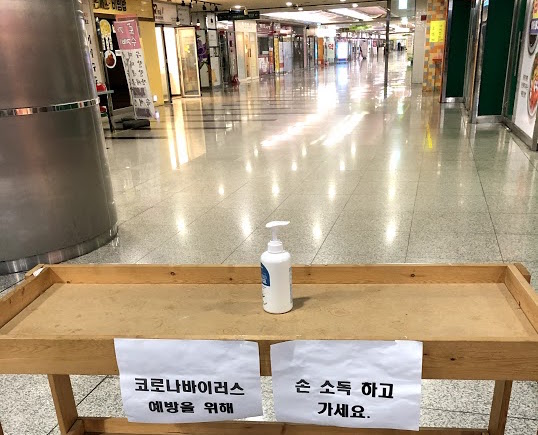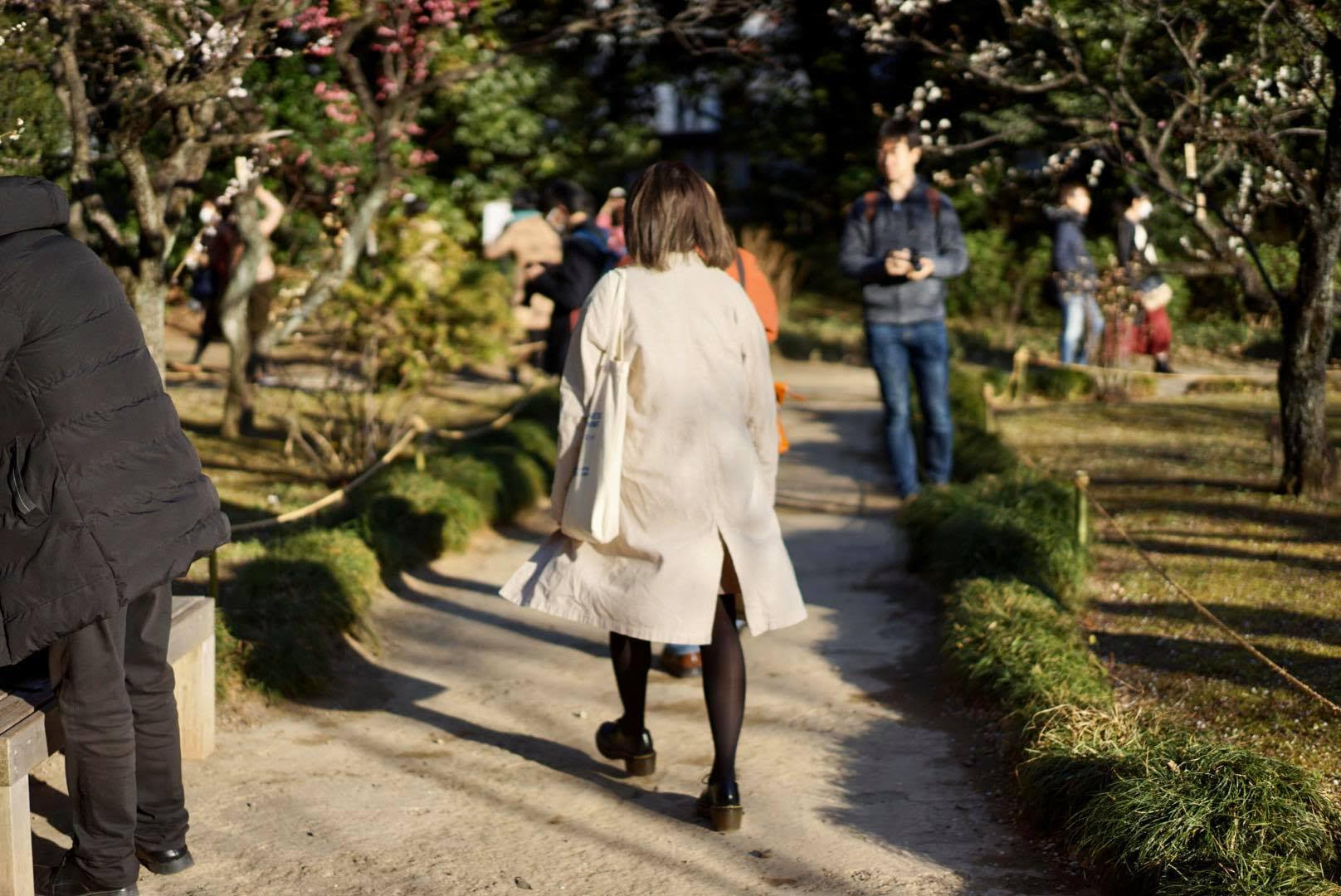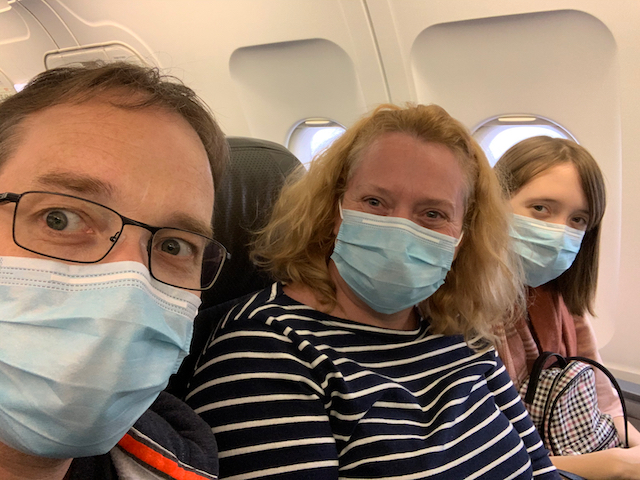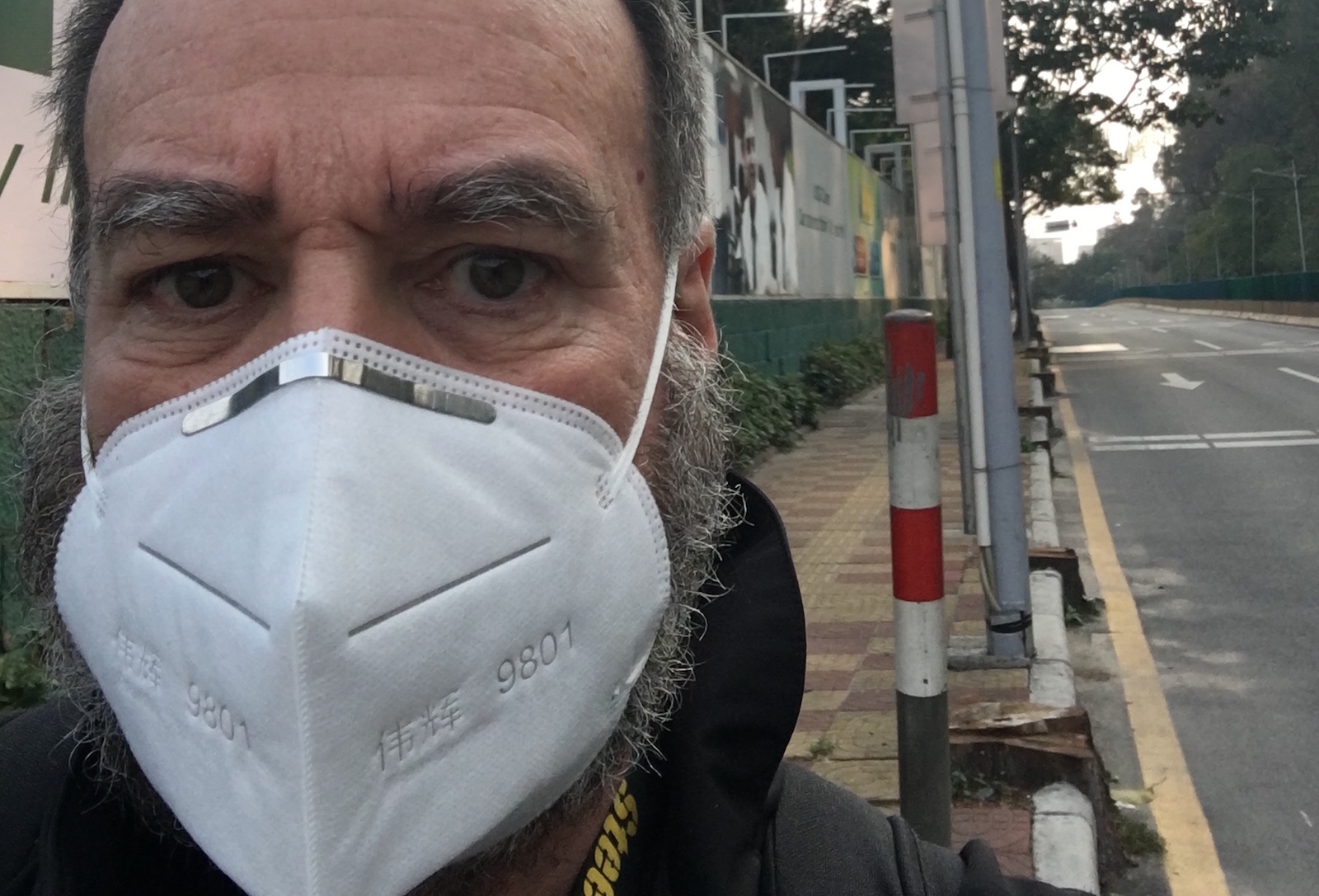Nicholas Chee is a 41-year-old consultant, film executive producer and and film festival co-director who is based in Singapore and Kaohsiung, Taiwan. He told us how the COVID-19 crisis has made him reassess his opinion of his business, and why he might decide to go into retirement earlier than planned because of it.
“I always knew that as some point “shit will hit the fan” the way our global economy was heading. But never thought it would take a Coronavirus to actually be the catalyst.”Q: Hi Nicholas, thanks for being here! When did you first hear about the COVID-19 / 2019-nCoV coronavirus and what did you think of it then?
A: Hello Sara, thank you for having me. I first read about the COVID-19 sometime in the 3rd week of January 2020 and I didn’t have a good feeling about it so I even skipped my usual extended family reunion during CNY [Chinese New Year]. Now that we are 1 month into DORSCON [Disease Outbreak Response System Condition] orange, I was hoping for some clarity but with the global spread starting, I think we are heading for even rougher seas ahead till the end of the year.
How concerned are you now? How many people do you personally know who’ve been afflicted with the coronavirus or who have been served quarantine or leave of absence orders?
TBH, I am very concerned about it especially so when I haven’t been able to go back to Kaohsiung (where I’ve been based since 2019) for 2 months already. So far I don’t know anyone in my first degree who has been infected or quarantined.
How many cases are there in Singapore at the moment of this interview? How concerned is Singapore at this point?
We are currently at 150 infected with 90 recovered according to CNA [Channel NewsAsia]. Well, we are at DORSCON Orange, 1 level below Red but I’m glad we have no deaths so far.

For the benefit of our overseas readers, can you explain how the majority of the confirmed cases in Singapore got infected?
I believe our “Patient 0” was a tourist from Wuhan, the epicentre of the epidemic.
You’re a business owner in Singapore, so how has this coronavirus outbreak impacted your business thus far?
I run a video production company and it’s been very very challenging with projects being cancelled or postponed indefinitely but my friends in the Event and Live Entertainment sectors have it worse.
What do you foresee happening to your business and other businesses around Singapore if the outbreak does get worse or persists for more than 6 months?
TBH, if this situation prolongs and market confidence doesn’t come back—we might have to close shop for good.

What are your plans if that were to happen?
I already have my retirement plans planned out. It was supposed to be 3 years from now when I turn 45—and the plan was to retire in Kaohsiung with a little small farm and live off-grid. It might just happen sooner then.
[Interviewer note: Whoa, nice! Do teach us how too.]
Did you ever expect or plan for a situation like this 2019-2020 novel coronavirus outbreak?
I always knew that as some point “shit will hit the fan” the way our global economy was heading. But never thought it would take a Coronavirus to actually be the catalyst—was expecting more of a WW3 scenario TBH.
How will being put on quarantine, Leave Of Absence (LOA), or contracting the virus affect your financial situation?
This would be a tough one—personally I do have sufficient savings but for the business, it’s a different story altogether.
Do you think anybody or any organisation—government or private—will be helping you out if the economy continues to tank?
I believe that our G. has been very quick to react with rescue measures—but how that can last is anybody’s guess.

What do you think can or should be done to help affected businesses tide through this epidemic?
This is a good time for businesses to reassess their viability and perhaps a good opportunity to radically innovate or even pivot for the future.
What have you learned from this coronavirus outbreak that you didn’t know before?
How insignificant and irrelevant we and our work (as creatives) really are—what matters most is how we treat each other as fellow human beings.
Is there anything you regret not doing earlier?
I did manage to get my toilet paper stash eventually so all is good now.
Which 3 items or people are most useful for you right now?
My iPhone (with internet connectivity), my Multitool and a water bottle with a built-in filtration system.
Lastly, is there any business you know of that is doing better than usual because of the COVID-19 outbreak?
Surgical Mask flippers!
Nicholas plans to “eat healthier, smile more! Eat healthily and smile more!” over the next year. You can find him at his Facebook group “SG COVID-19 Creative/Cultural Professionals & Freelancers Support Group”, on LinkedIn or chat with him using the comment box below.
Next week, we’ll move on to other continents to find out how the virus has spread to other countries. Follow the latest in our COVID-19 Diaries series here.
If you’re in a country that has been affected by the novel coronavirus and would like to share information about the situation where you’re at, do get in touch with us here.
Photographs courtesy and copyright of Nicholas Chee. Interviewer: Sy
Sponsor or support the COVID-19 Diaries series here.
If you found this article useful:

